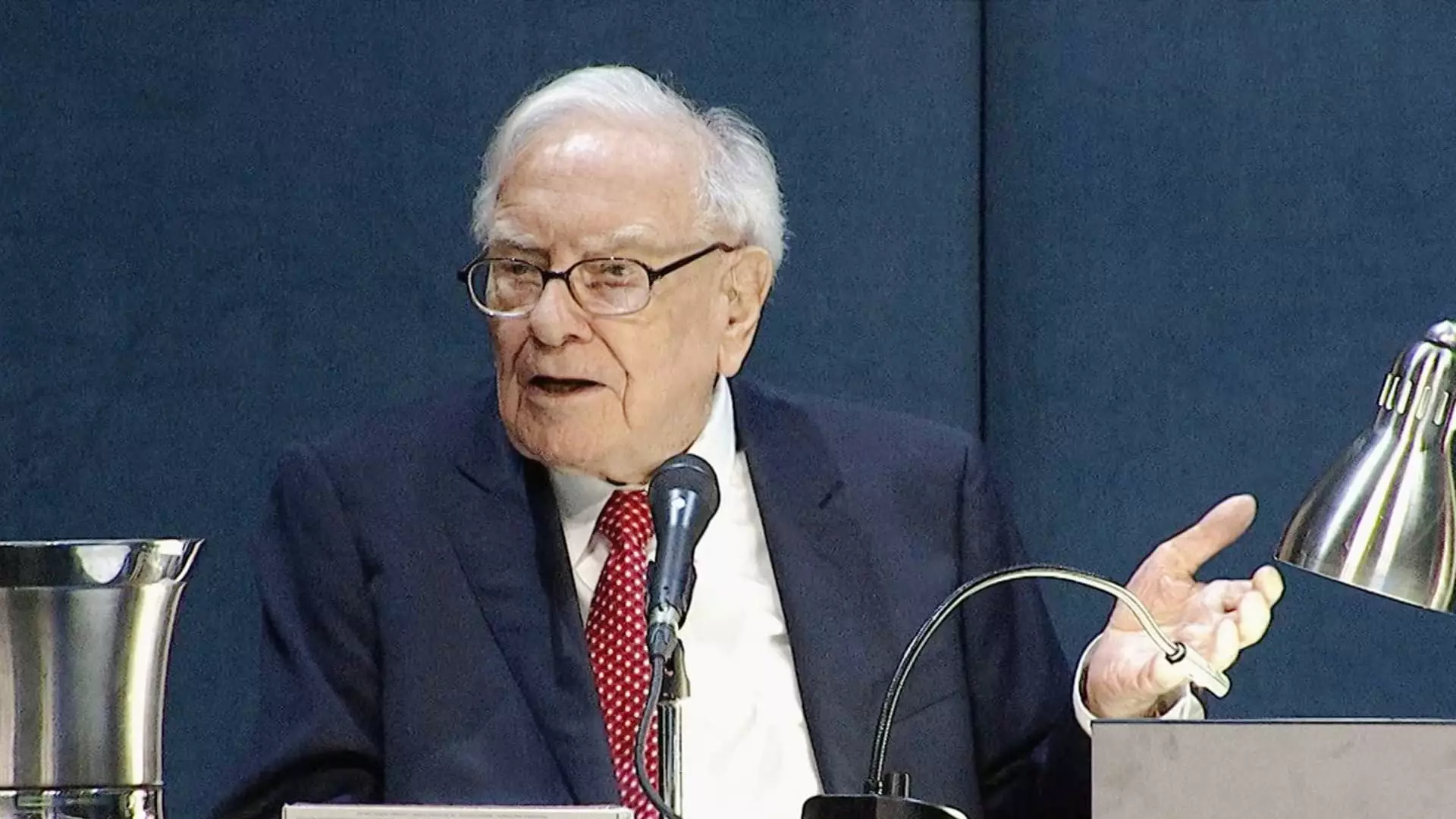Berkshire Hathaway, led by Warren Buffett, has made a significant move in the stock market by decreasing its stake in Bank of America for the sixth consecutive trading day. This decision comes after the conglomerate sold an additional 18.9 million shares, totaling 52.8 million shares over six trading sessions. It raises questions about the reasons behind this reduction, particularly as the bank has been outperforming the broader market this year, with its stock up by more than 25% compared to the S&P 500’s almost 14% increase.
Despite Bank of America’s positive performance, Berkshire’s stake now stands at 12.5%, with the conglomerate still holding 980.1 million shares valued at $41.3 billion. This substantial amount places it as a distant second to Berkshire’s $172.5 billion stake in Apple. The move to reduce Bank of America shares could indicate a reevaluation of the bank’s valuation, prompting Berkshire to adjust its investment strategy in the financial sector.
Berkshire’s decision to reduce its stake in Bank of America comes as a surprise given Buffett’s history with the bank. Back in 2011, he invested $5 billion in the bank’s preferred stock and warrants during a time of financial crisis. Furthermore, in 2023, Buffett praised the bank’s leadership, particularly CEO Brian Moynihan, expressing admiration for the deal they made. However, Berkshire has recently exited several long-time bank positions, including JPMorgan, Goldman Sachs, Wells Fargo, and U.S. Bancorp, raising speculations about the conglomerate’s overall view on the financial sector.
Buffett’s decision to reduce Berkshire’s stake in Bank of America could signal a shift in the conglomerate’s investment strategy, especially with concerns about valuation and market performance. While Buffett has not explicitly stated the reasons behind the move, market analysts are closely watching for potential future adjustments in Berkshire’s stock portfolio. The overall impact of this decision will likely be felt not only in the financial sector but also in the broader market as investors react to Berkshire’s shifting investments.

